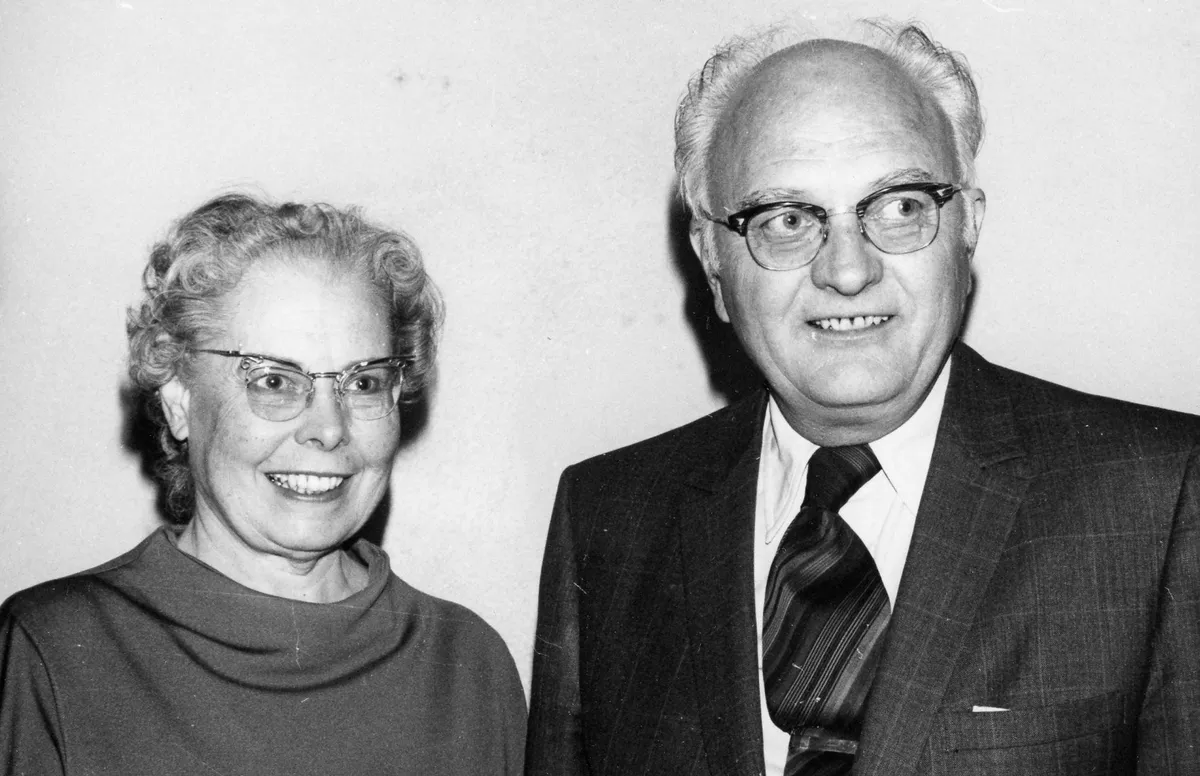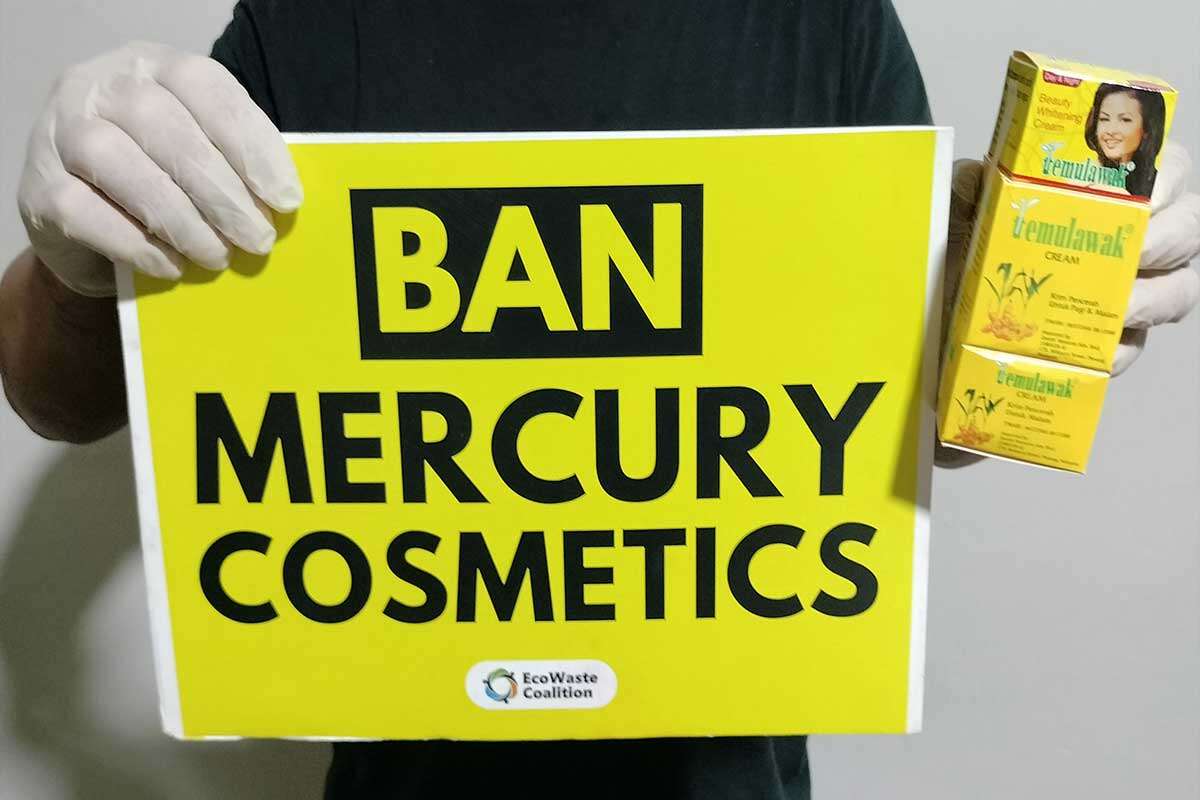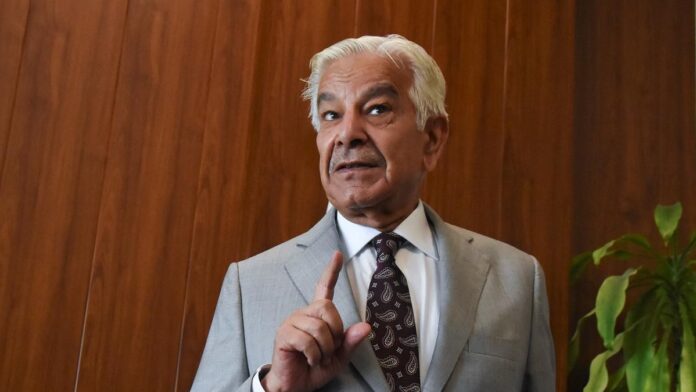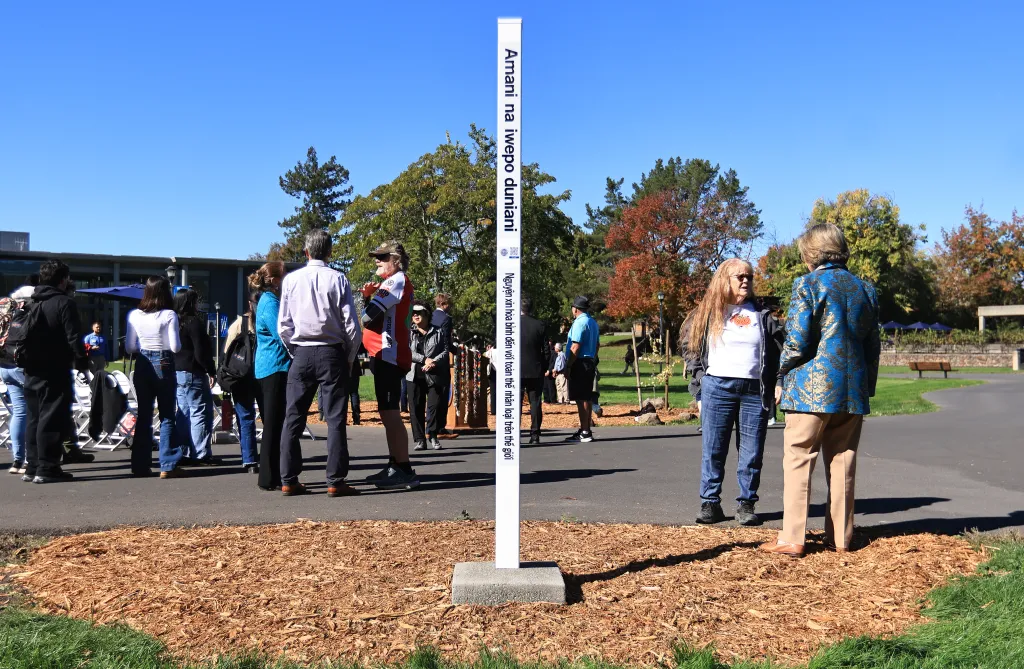Copyright Lewiston Morning Tribune

This story was originally published in the Lewiston Tribune on Feb. 10, 1991. Martin died at the age of 86 on Jan. 8, 1998. The Martin Institute that he and his wife founded is still in operation at the University of Idaho. MOSCOW — War, even thousands of miles away, hits Boyd A. Martin in the heart, like a bayonet or a rifle shot. He first felt the pain and confusion of war as a grade school student during World War I, which bitterly divided the recent German immigrants of his native Cottonwood. He feels it again now, as he thinks of his youngest brother’s grandson on the front in the Persian Gulf. “It just breaks your heart to see this conflict,’’ he said. “It does. I suffer over it. I don’t deny it.’’ He’s been called an idealist, but he pleads otherwise. “Wanting peace isn’t idealistic,’’ he said recently at the Moscow home he shares with his dachshund, April. “You could say it’s idealistic in the sense we don’t have it, but it’s practical in the sense that it’s the only way we can live short of violence.’’ Martin’s life, from his Idaho County farm roots through a distinguished academic career at the University of Idaho, has always been wrapped up in world events. He became a nationally known political scientist after earning master’s and doctoral degrees from Stanford. President Harry Truman appointed him as an observer at the first United Nations Conference, which drafted the U.N. charter, and U.S. Sen. Frank Church, of Idaho, was one of his students. He was asked to run for Senate himself several times, but declined. But above all the career accolades is the crusade for peace, Martin, fringes of gray on the sides of his bald head, will be 80 March 3. In December he stepped down as director of his peace institute, the Boyd and Grace Martin Institute of Human Behavior, to give it a director with the strength to burn the candle at both ends. But Martin remains vibrant and vigorous in his passion for peace, still spending his mornings at the institute, housed in the UI’s Continuing Education building. Afternoons are spent at home reading about and studying the causes of war and the conditions of peace. It began with World War I, the most vivid memory of his childhood. He remembers seeing “trophy train’’ exhibits, several cars filled with exhibits showing war scenes. “The first exhibit I saw was of a German pushing a bayonet through an American soldier,’’ Martin said. “To see that bayonet going through a man, it really hit me hard. It drove home the horrors of war.’’ The train was a propoganda ploy, designed to stir up hatred of Germans. But for Martin, it didn’t work that way. “Instead of making me hate the Germans, it made me hate war.’’ The Cottonwood of his early youth was a town of full of recent German immigrants, many of whom had fathers or brothers in the German army. While conflicting loyalties tore the town apart, and teaching of German was ended at school, Cottonwood students were focused on the American troops. “We must have spent half of our time in school sending things to the soldiers,’’ Martin said. “We made gun wipes. ... We knitted socks and sent them to soldiers.’’ As a child he talked with his mother about his feelings about war, but it was during his academic career that his thinking became clearer. He was at Stanford when Hitler invaded Poland in 1939. He was in a meeting with many distinguished scholars, but he was the only one who believed the conflict would escalate to world war. He remembers the comment of the others: “War is too horrible for anyone to take the world to war today. No one would dare do that.’’ It was that night that he and his late wife, Grace, whom he describes as “the most wonderful wife any man was ever blessed with,’’ made a decision. They took their savings account of $800, “the only money we had in this world,’’ and invested it, planning to make it grow into a fund to start a peace institute. With shrewd management, the Martins turned it into $1 million by 1979, and it provided the financial base for his institute, dedicated Oct. 19, 1980. He’s been frustrated by the slow pace of development of the institute since then, but says UI President Elisabeth A. Zinser has given it a much-needed boost; he’s more optimistic about it now than he’s been in years. But its mission, to study the causes of war and the conditions of peace, is as big as the world itself. Training needs to be given in languages, cultures, and conflict resolution, for starters. And it needs to be deep. “It’s staggering,’’ Martin admitted. “We need institutes like ours all over the world.’’ Martin supports U.S. troops in the gulf, and described Iraqi leader Saddam Hussein as “paranoid, totally ruthless, an absolute dictator.’’ But he wishes it hadn’t come to war. Even though he is skeptical of the power of sanctions, he wishes they had been given more time. “I don’t think the sanctions would ever have brought Hussein to his knees, but I think it would have made him stoop, and he would have been greatly weakened,’’ Martin said. “What we should have done is completely surrounded him, and let him sit there and rot.’’ Then he spoke of the huge cost of war, the destruction that will take years to rebuild, the innocent civilians killed. “I don’t think this is anything to be proud of,’’ he said sadly. But as Martin ends his eighth decade, with his life’s work of peace dealt another blow on the sands of the Persian Gulf, he stands determined. This is no time to despair. “You have to continue to work for peace. You have to give your energy to it, you have to give your money to it, because it is absolutely essential or man will not continue to live. ... Now these are setbacks. They worry you and drive you crazy. “But you can’t give up. You’ve got to go on.’’



